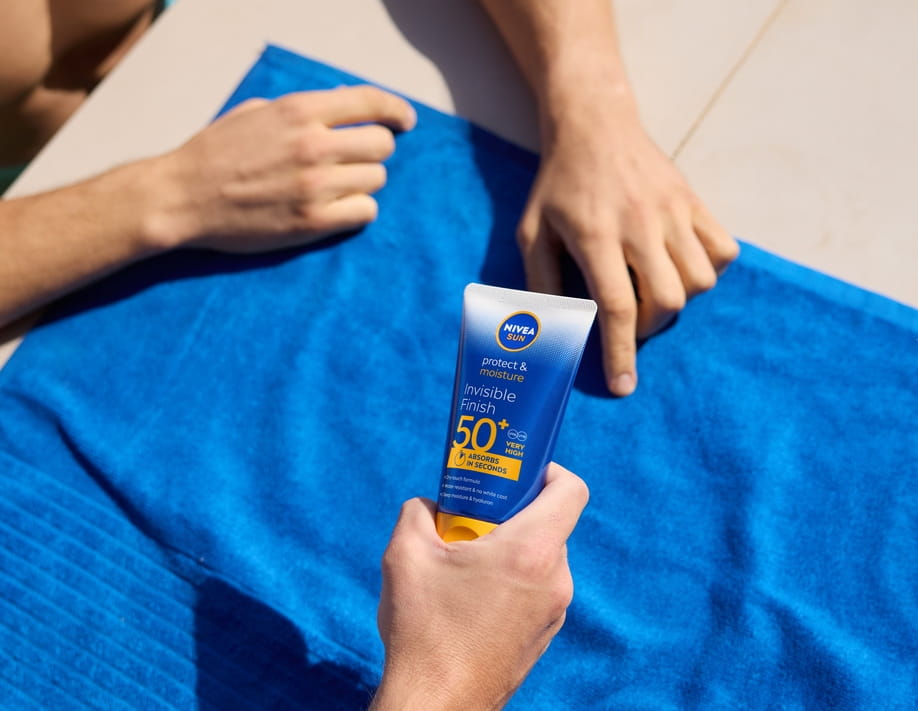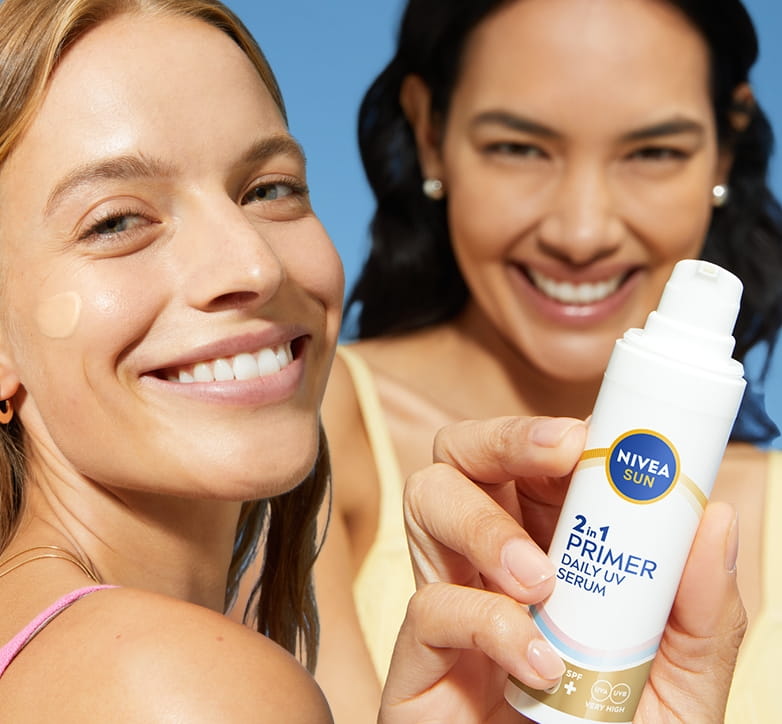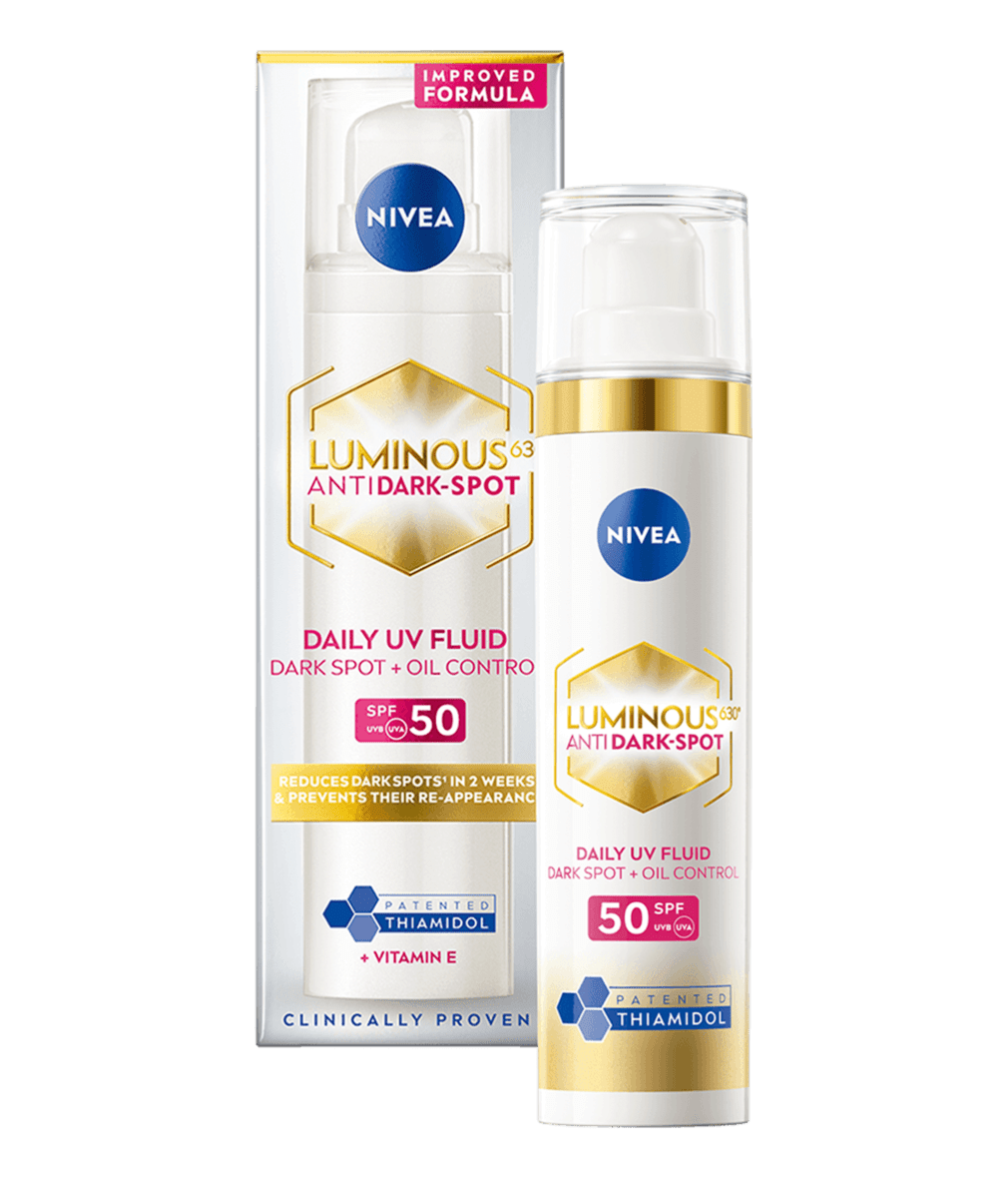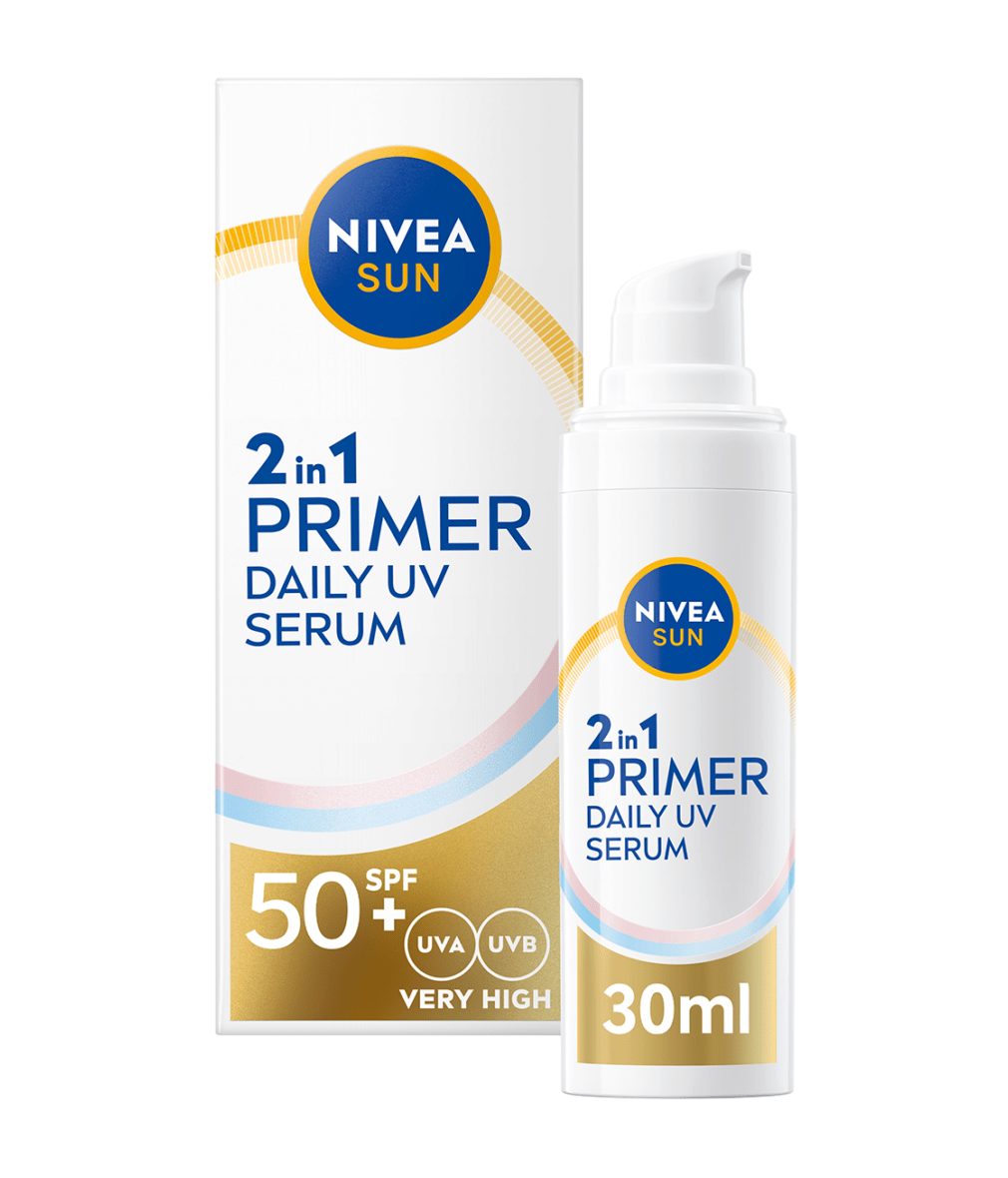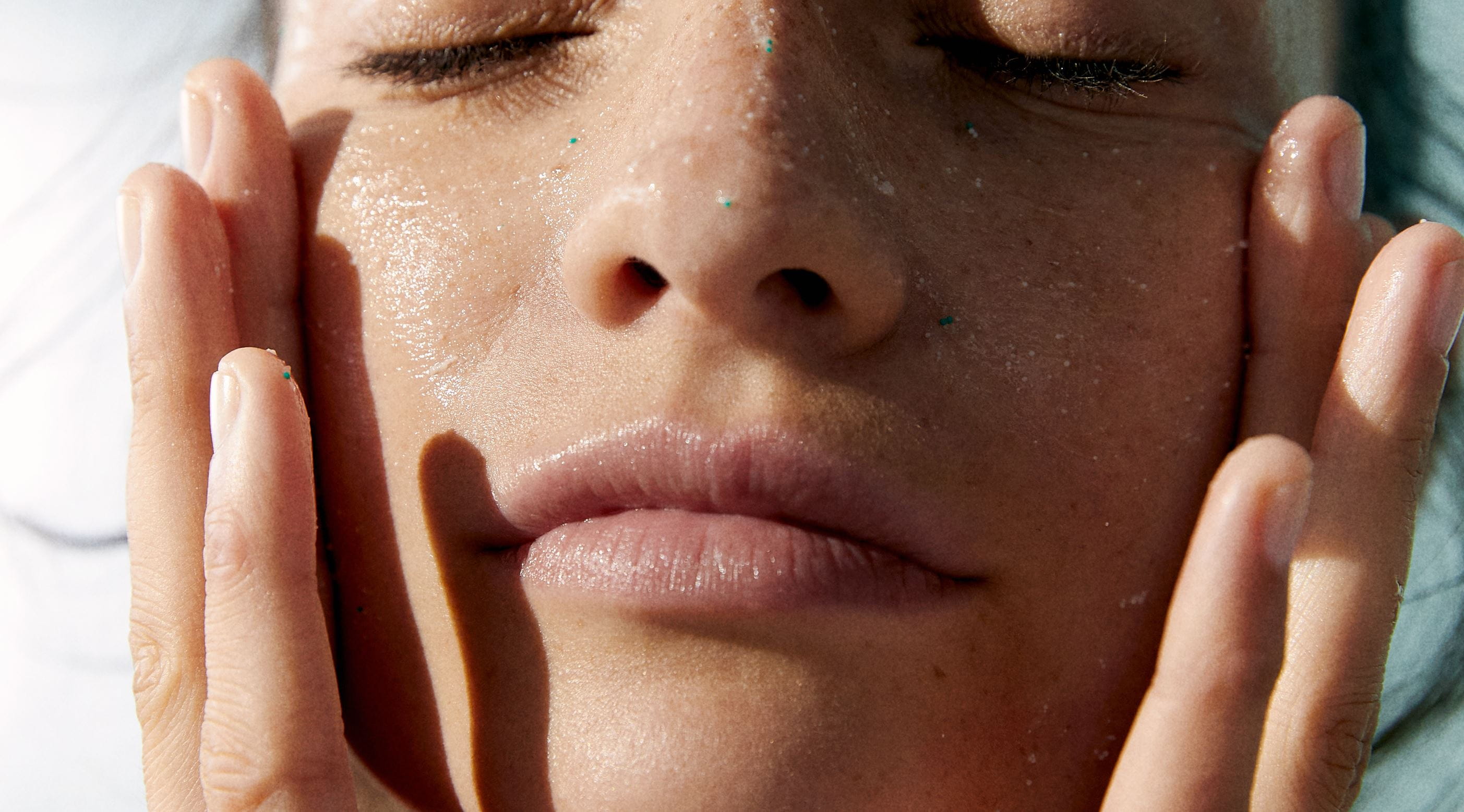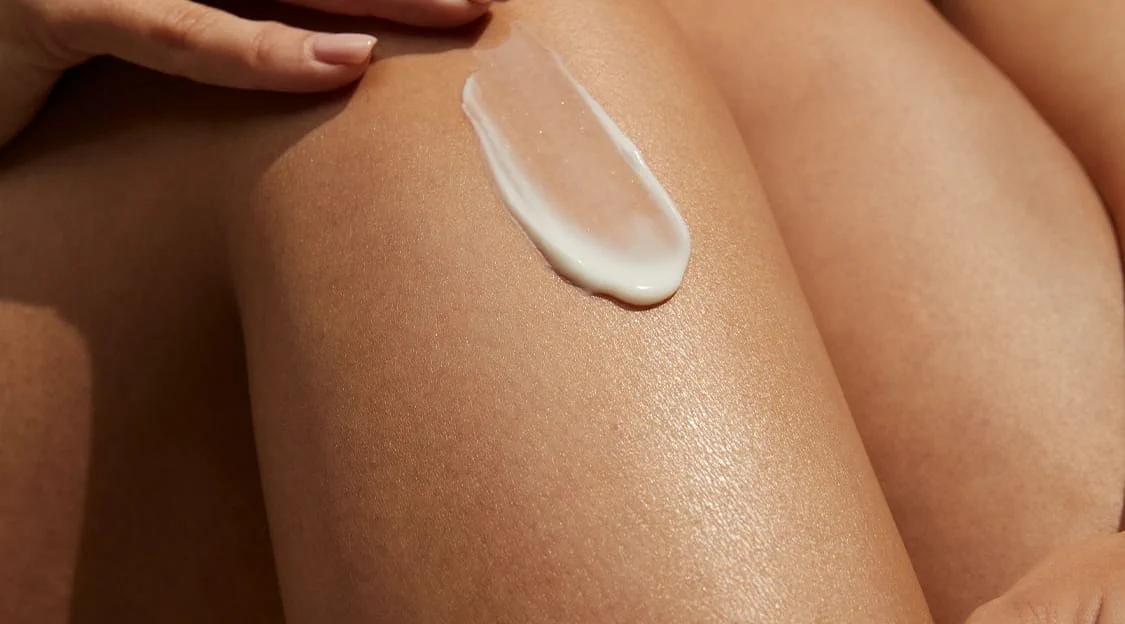
4 Reasons Why You Should Wear Sunscreen Everyday
Find out why sunscreen should be worn daily and how it helps to protect from skin damage caused by the sun.
Should You Wear Sunscreen Every day?
It is important to wear sunscreen every day as it can protect your skin from the harmful effects of UV rays. Even on cloudy or cooler days, UV rays can damage the skin, leading to premature ageing, sunburn and hyperpigmentation. By applying sunscreen every day, you help to shield your skin from these risks and is an important step of any daily skincare routine.
4 Benefits In Using Sunscreen Daily:
Sunscreen is more than just sunburn protection; it helps maintain the skin year-round from skin damage caused by UV rays. By wearing sunscreen daily, you can protect your skin from lasting damage. Here are four key benefits of making sunscreen a daily habit.
NIVEA SUN for Daily Use
Daily Sunscreen During Winter:
UV exposure during winter conditions can leave skin vulnerable to dryness and damage. Although the sun’s direct exposure is reduced in the winter compared to summer, it can still lead to skin damage. Here are 4 reasons sunscreen should be worn daily in winter.
Why You Should Wear Sunscreen Everyday
Facts Overview
Incorporate SPF Daily into Your Skincare
Wearing a low SPF daily helps to offer lightweight protection against incidental sun exposure, helping prevent long-term damage like age spots and dark spots. For seasonal elements, such as intense summer sun or reflective snow in winter, higher SPF provides stronger protection against increased UV exposure.
Summary
Wearing sunscreen every day can protect your skin from harmful UV rays, which can cause premature ageing, dark spots, and uneven tone. Regardless of the weather or season, UV rays are always present. You should wear spf every day, as by making sunscreen a daily habit and removing it properly at night, you can help support your skin’s looking healthy and radiant on the long-term. Consistency is key, and this simple step can help to keep your skin protected and looking glowing year-round. Remember, however, to reapply regularly (approximately every 2 hours), to avoid exposing your skin during the midday hours and to wear suitable protective clothing.

